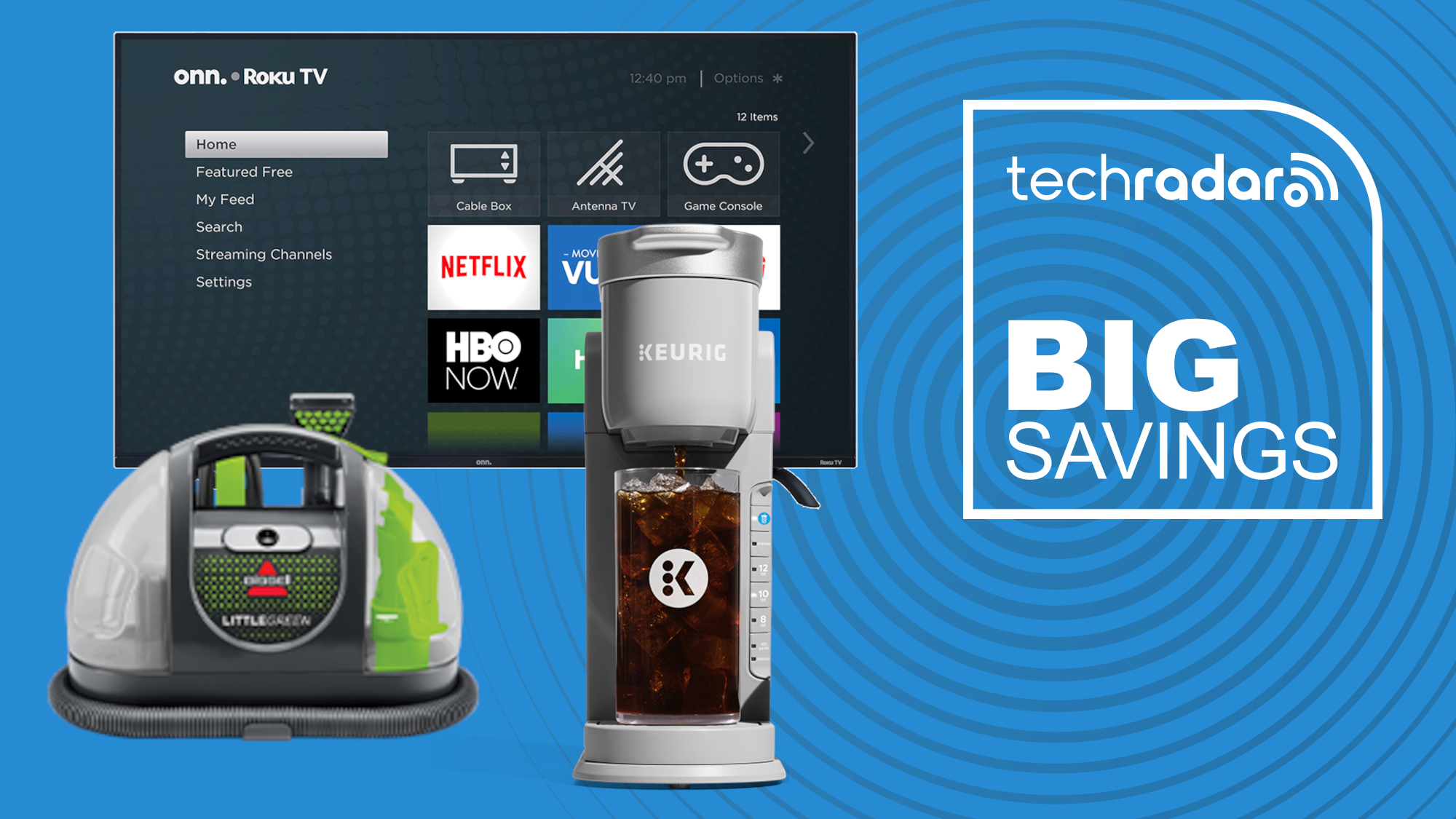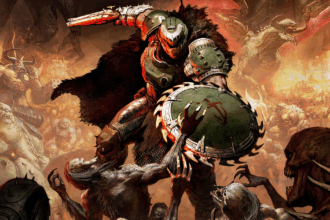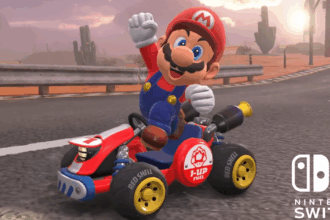In a refreshing move for gamers, EA has confirmed it will not be increasing the prices of its titles. CEO Andrew Wilson emphasized the company’s commitment to provide “incredible quality and exponential value” for its dedicated player base.
During a recent earnings call, Wilson addressed inquiries about whether EA would follow Nintendo and Xbox’s lead in hiking prices for new releases this year. He noted how the landscape has shifted dramatically over the past decade. Physical game sales have become a “significantly smaller” component of the business, while a diverse range of pricing—including free-to-play options and deluxe editions—has emerged.
Wilson stated, “No matter if we’re selling a game for a dollar, $10, or even $100, our mission is always to deliver fantastic quality alongside substantial value to our players.” He highlighted that their business thrives when they can merge quality and value effectively, reinforcing the idea that EA’s operations are stable and on an upward trajectory.
CFO Stuart Canfield backed this up, asserting that there are “no changes in the current strategy at this point.” The latest financial report indicates net bookings for EA reached an impressive $7.355 billion last year, showing minimal fluctuation. Fiscal Year 2024 projections sit at $7.43 billion, compared to $7.34 billion in FY23, showcasing the robustness Wilson referenced.
A compelling statistic is that live services accounted for a staggering 73 percent of total net bookings last year. Notably, EA’s American Football franchise surpassed expectations by generating over a billion in net bookings, marking a record year for EA Sports.
On another positive note, The Sims enjoyed “double-digit growth” in the most recent quarter, while the new game Split Fiction has sold nearly 4 million units since its March release. Clearly, EA is riding a wave of success, allowing them to keep game prices steady for now.
In the context of broader economic trends, Wilson stated, “Even amidst potential economic downturns, we believe our business will remain resilient and continue to grow.” This forward-thinking approach contrasts with recent criticisms faced by Nintendo; fans raised eyebrows when the gaming giant announced increased prices for its Switch 2 titles, such as the flagship game Mario Kart World, priced at a staggering £75/$80. However, Nintendo has clarified that this is not a new standard but rather an example of “variable pricing.”
Meanwhile, Microsoft has also hiked prices for its Xbox consoles, with some new game releases expected to reach the $80 mark by year’s end. As the gaming industry pivots with shifting pricing and policies, EA’s decision to maintain its current pricing strategy might just offer a new perspective amidst ongoing discussions about value and economics in gaming.
Context
The anticipation of EA’s decisions is palpable among gamers. As industry giants wrestle with pricing strategies, EA’s approach could set a precedent. Could this lead to a greater trend of value-focused gaming? The next few months may reveal whether EA’s strategy pays off in user retention and revenue growth or if they will need to adapt in response to market forces.






















